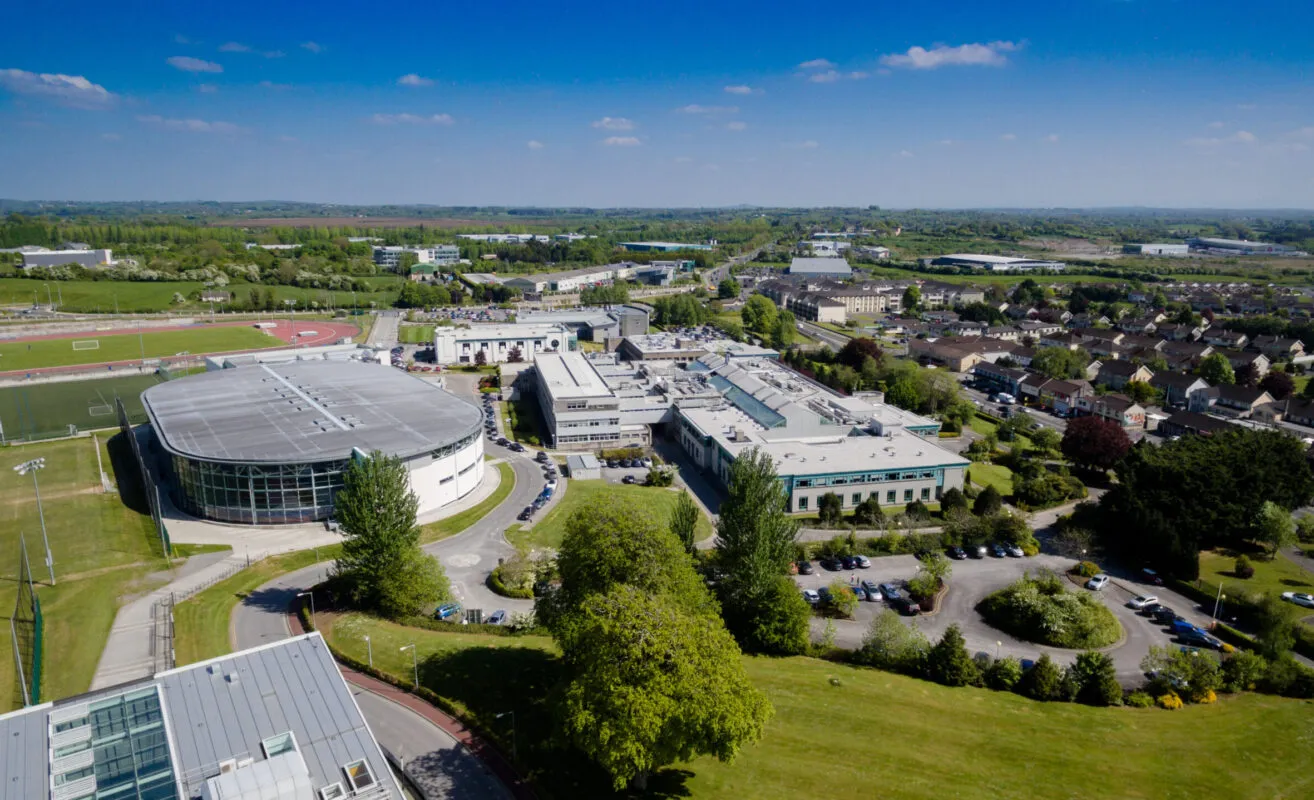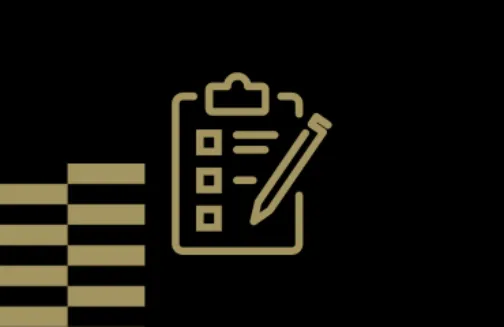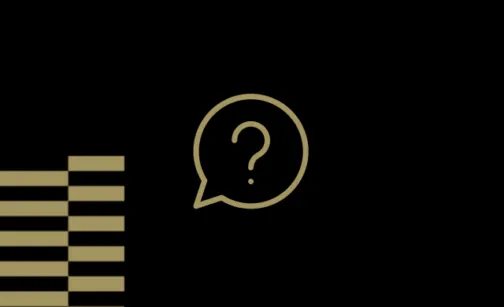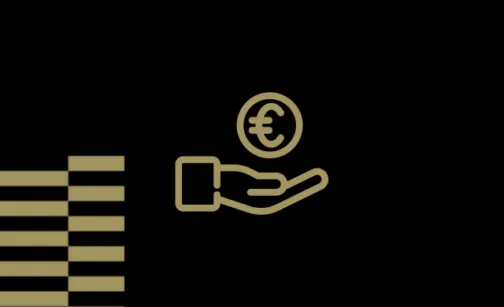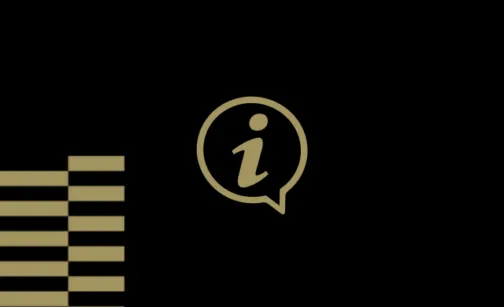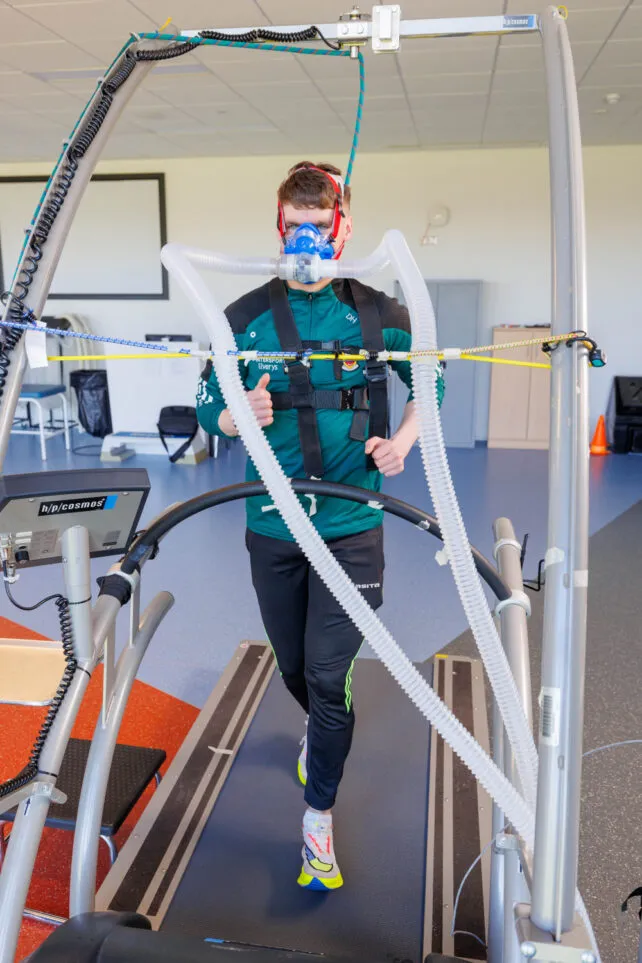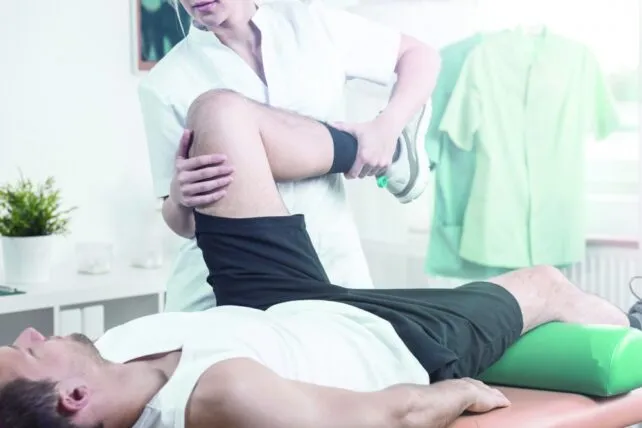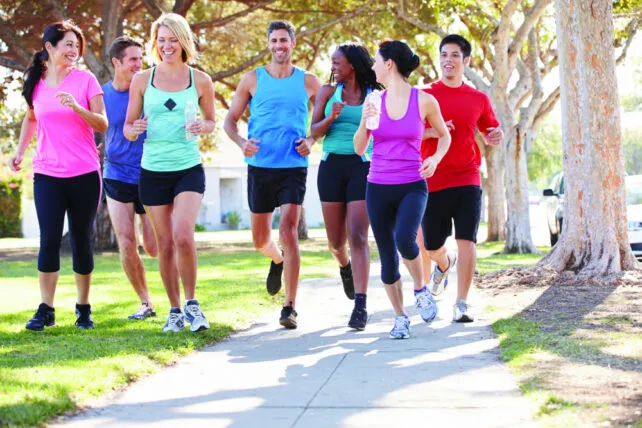Entry Requirements
Leaving Certificate
The minimum entry requirements for Leaving Cert applicants are a minimum of Grade H5 at a higher level in two subjects plus a minimum of Grade O6/H7 at an ordinary level in four other subjects in the Leaving Certificate examination. Two of these six subjects must be Mathematics and a language (English or Irish).
QQI
Places will be reserved for QQI applicants. Any QQI-FET level 5 qualification is acceptable but must contain a minimum of 3 distinctions.
Mature Applications
The Department welcomes applications from mature students. Such applicants may not be required to have the minimum entry requirements. However, TUS will look for satisfactory evidence of the applicant’s ability to pursue and benefit from the course. Knowledge and skills gained through experiential learning will be considered. Mature applicants may be required to attend an interview at TUS as part of the selection process.
International Applicants
International applicants should apply directly to the International Office at TUS, allowing plenty of time for completing the visa process. Applications for September start should be made by 1st June at the latest to ensure visas are processed in time. You should familiarise yourself with visa processing times for your country of origin to ensure you make a timely application. Find out more here.


